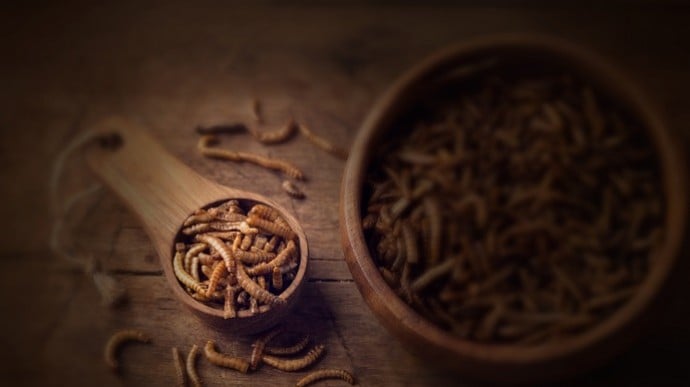Smallholder farmers are the most in touch with the earth’s changing climate patterns, and they are the most vulnerable to increased temperatures and reduced rainfall. Dr Mary Funke Olabanji, from UP’s Department of Geography Geo-Informatics and Meteorology, wanted to know what exactly smallholder farmers know about climate change, and how difficult they find it to adapt.
She specifically looked at smallholder farmers in the Olifants catchment area in the north-eastern part of South Africa, where she surveyed their climate change knowledge and how they’re trying to adapt to it. She then compared this knowledge to meteorological data for the area over 30 years (1986 - 2015).
The study found that 98% of the farmers were aware of climate change and that their perception of climate change over 30 years aligns with actual meteorological data on decreased rainfall and increased temperatures. They found that the farmers were adjusting their planting and harvesting times to accommodate these changes.

Some of the farmers are trying to use seed and crop varieties that are resilient against heat and water shortages, but these are in short supply. Some are losing their interest in farming due to the difficulties that climate change brings.
Those who cannot adapt to climate change have more pressing matters to worry about, such as decreased yields and water shortages.
“Constraints to adaptation include a lack of access to credit services, government support usually reserved for bigger, commercial farmers such as subsidised water rates, and access to climate resilient crops,” says Dr Olabanji. Additionally, the farmers need access to loans in order to purchase irrigation and other equipment.
Dr Olabanji says the government could better support these smallholder farmers by providing them with flexible and affordable credit facilities. She says they could also benefit from more information on how to effectively adapt to climate change.
She worked with Dr Thando Ndarana (supervisor) and Dr Nerhene Davis (co-supervisor) on the paper.
ScienceLink
September 23, 2022
 Story
Story
Cricket à la king? How about a yellow mealworm burger? Foods that may previously have evoked a ‘yuck’ response are now firmly on the menu. Research into edible insects by the Department of Zoology and Entomology at the University of Pretoria (UP) is exploring how to rear and harvest this food of the future.
 Story
Story
Generative artificial intelligence (GenAI) is changing how we work, play and relax. Whether you use ChatGPT to write a brief, Midjourney to generate visuals or MuseNet to create unique soundtracks, these technologies have opened up opportunities for richer content.
 Story
Story
A single query to ChatGPT uses as much electricity as burning a light bulb for about 20 minutes. Multiply that by the millions of requests that this artificial intelligence (AI) chatbot receives each day, and the environmental impact is ominous.
Copyright © University of Pretoria 2025. All rights reserved.
Get Social With Us
Download the UP Mobile App